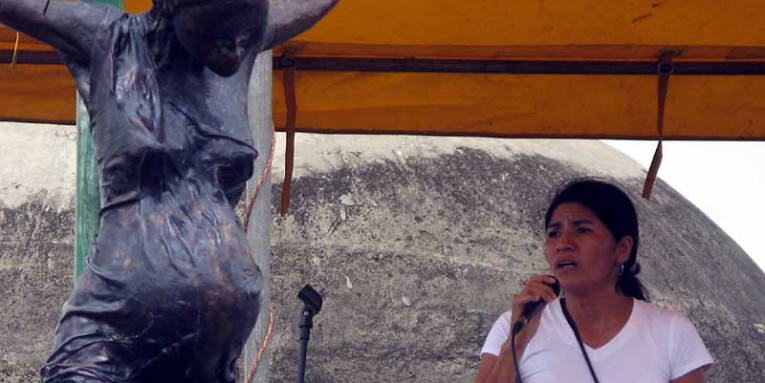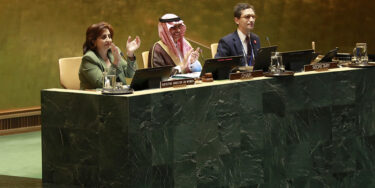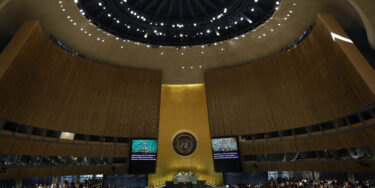Commission on Human Rights reprimands Nicaragua for continued abortion ban
12.11.15
Criminalization of abortion denies young sexual violence victims access to life-saving care.
Years of advocacy by Ipas and partners in Central America paid off last month when leaders of the Inter-American Commission on Human Rights (IACHR) issued a strongly worded reprimand to the Nicaraguan government for its continued violation of women’s sexual and reproductive rights.
During a hearing on Oct. 20 focused on Nicaraguan women’s and girls’ sexual and reproductive rights and access to justice, the IACHR special rapporteurs on the rights of women and of children issued a severe reprimand to Nicaragua’s government for its continuation of a total abortion ban, especially when there are high rates of sexual violence against girls in the country. They also admonished Nicaragua’s refusal to recognize claims of unconstitutionality brought against the ban since 2007 (the ban was enacted in 2006), and its refusal to receive a country visit by IACHR members to assess the status of women’s human rights in Nicaragua firsthand.
Ipas Central America presented new statistics on sexual violence in the country that show how the abortion ban disproportionately harms young women. Fully 83 percent of sexual violence victims are age 16 or younger in Nicaragua, and they face a high risk of unwanted pregnancy—and the possibility of resorting to unsafe, clandestine abortions—as a result.
“We are encouraged by the commission’s strong statements in support of women’s and girls’ right to safe, legal abortion in Nicaragua, including victims of sexual violence,” says Ipas Central America Policy Advisor Mayte Ochoa. “Along with our partners, Ipas has been presenting to the commission for years on the terrible rates of sexual violence—and the lack of safe, legal abortion services—that women face in this country.”
Ipas Central America has been working with the IACHR since 2007 to raise awareness of women’s human rights violations in Nicaragua, and has also worked with partners in El Salvador like the Agrupación Ciudadana por la Despenalización del Aborto (Citizen Group for the Decriminalization of Abortion) to advocate against the total abortion ban in that country. As a result of these efforts, in the past five years the commission has agreed to hear the cases of three specific women denied life-saving health care and/or imprisoned due to these abortion bans, and the commission’s statements and calls to action are now escalating as the governments of both countries continue to resist appeals for legal change.
“The IACHR is increasingly invested in tackling issues of women’s sexual and reproductive rights,” Ochoa says. “We’re grateful they’ve been listening to our ongoing request to address these urgent topics directly—and we hope for a prompt response from the Nicaraguan government.”
Another hearing before the IACHR in October focused on the harmful effects of El Salvador’s total abortion ban.
Learn about Ipas’s previous (2013) presentation before the IACHR: “Inter-American Human Rights Commission holds landmark hearings on abortion laws in Latin America.”
For more information, contact media@ipas.org




